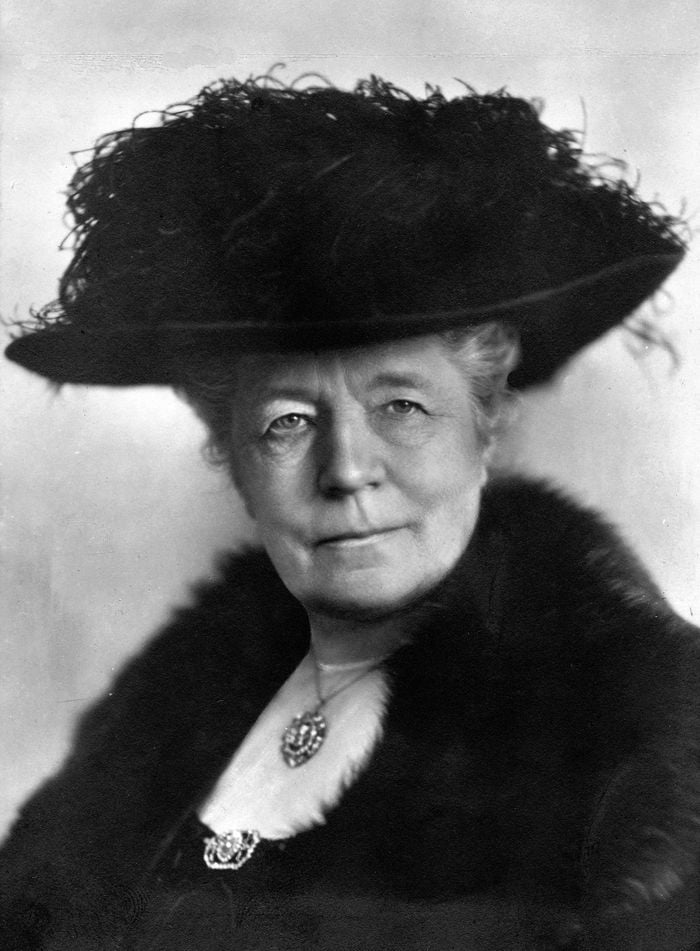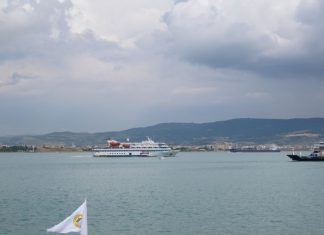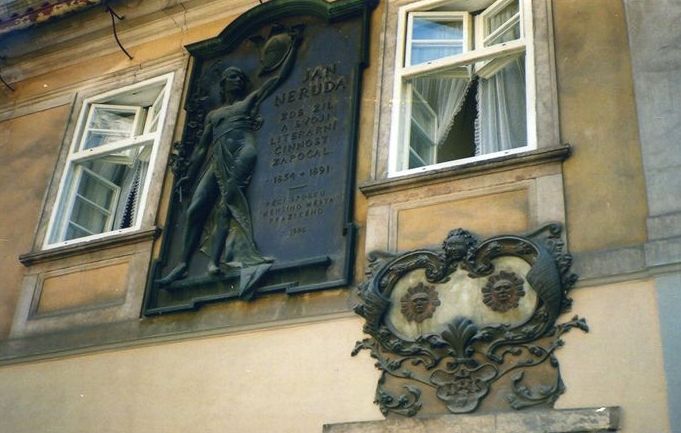Selma Lagerlof (1858-1940)
Selma Lagerlof came of a family of landowners, from that part of rural Sweden which she described in many of her most delightful books, particularly in Gosta Berling`s Saga. In her youth she taught for a little, making time to write occasionally, until public recognition and material success enabled her to devote all her energy to literary work. Her books, which include novels, travel sketches, plays, and stories, reveal a personality deeply conscious of its environment. In 1909 Selma Lagerlof received the Nobel Prize for literature.
The Eclipse is translated by Velma Swanston Howard. It originally appeared in the American-Scandinavian Review, December, 1922. For permission to reprint, thanks are due to the editor and the translator.
The Eclipse
There were Stina of Ridgecote and Lina of Birdsong and Kajsa of Littlemarsh and Maja of Skypeak and Beda of Finn-darkness and Elin, the new wife on the old soldier`s place, and two or three other peasant women besides—all of them lived at the far end of the parish, below Storhojden, in a region so wild and rocky none of the big farm owners had bothered to lay hands on it.
One had her cabin set up on a shelf of rock, another had hers put up at the edge of a bog, while a third had one that stood at the crest of a hill so steep it was a toilsome climb getting to it. If by chance any of the others had a cottage built on more favorable ground, you may be sure it lay so close to the mountain as to shut out the sun from autumn fair time clear up to Annunciation Day.
They each cultivated a little potato patch close by the cabin, though under serious difficulties. To be sure, there were many kinds of soil there at the foot of the mountain, but it was hard work to make the patches of land yield anything.
In some places they had to clear away so much stone from their fields, it would have built a cow-house on a manorial estate; in some they had dug ditches as deep as graves, and in others they had brought their earth in sacks and spread it on the bare rocks. Where the soil was not so poor, they were forever fighting the tough thistle and pigweed which sprang up in such profusion you would have thought the whole potato land had been prepared for their benefit.
Read More about Our Lady`s Juggler part 1








